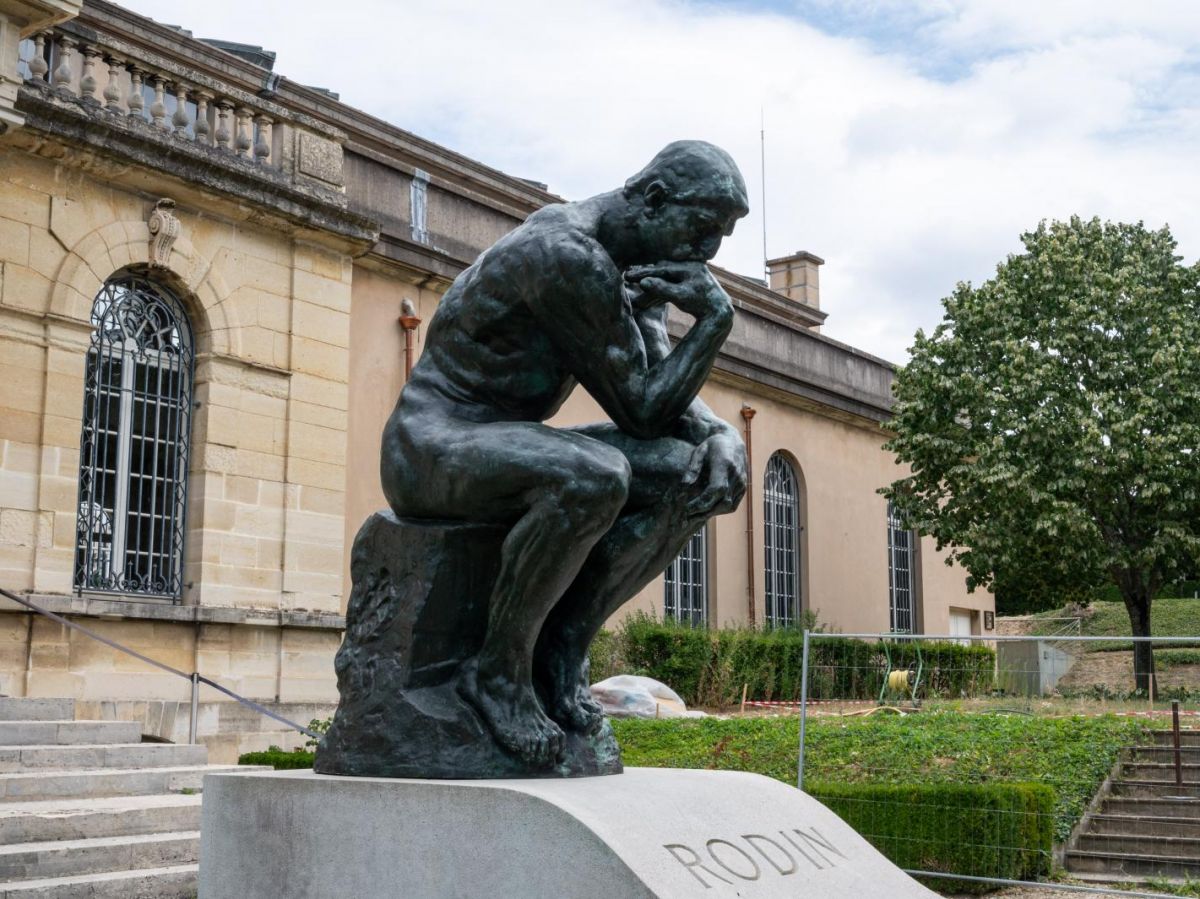“Why do we tend to believe that “it only happens to other people”?”, Alpha Yeni asks us on our Facebook page. This is our reader question of the week. Thank you all for your contributions.
There is one certainty that no one escapes, a universal truth that we learn very early on and repeat like a mantra to give meaning to existence: we will all die one day. Yet, even if reason assures us of this, our brain works to make us doubt this evidence as soon as it concerns ourselves. Because thinking seriously about our death is an undertaking that, for many, comes up against a kind of invisible wall. As if the end of our life concerned us from afar, like a distant fiction.
The brain filters reality to protect us
This phenomenon is not just psychological coquetry or a lack of lucidity: it is a well-documented neurological mechanism. Researchers from Bar-Ilan University (Israel) and the CNRS published in 2019 a fascinating study in the journal NeuroImage, on how the human brain reacts when confronted with the idea of its own death. Their finding: there is a cerebral resistance to establishing a concrete link between "self" and "death."
"The brain does not accept that death can be associated with us.", summarized in 2019 the neuroscientist Yair Dor-Ziderman, co-author of the study, in the columns of the GuardianThis form of "automatic denial" is established from childhood, as a protective bulwark against existential anxiety. Because associating one's identity with disappearance is a potentially paralyzing thought for an organism programmed, above all, to survive.
Read alsoCognitive biases: how does our brain manipulate us?
A “morbid” experience
To find out for sure, the researchers conducted an experiment involving 24 young adults (average age 26). Each participant was exposed to words related to death (such as "funeral," "mourning," "bury") followed by images: sometimes their own face, sometimes that of a stranger, or a "morphed" face combining the two. Using electroencephalography (EEG), the researchers observed the brain's responses to these stimuli.
The result: when the face associated with the morbid words was that of a stranger, the brain reacted strongly, reflecting "cognitive surprise." However, when it was the participant's own face, this reaction was absent. It was as if the brain refused to associate "me" and "death" in the same mental representation.
Read alsoWhat happens in our body when we die?
The death of others is easier to contemplate than our own.
This cognitive dissonance is at the root of the well-known illusion that tragedy only happens to others. Because our brains are resistant to the idea of our own end, they project mortality onto others. We cannot rationally deny that we are going to die, but rather we perceive our mortality as something that happens to others,” analyze the authors of the study.
This bias is not without consequences: it fuels recklessness in the face of risks, skepticism about serious illnesses ("it doesn't concern me"), and the trivialization of public health warnings. But it is also a lever for psychological adaptation: without this mental barrier, the awareness of our finiteness could paralyze us.
Long before neuroscience, some thinkers had anticipated this defense mechanism. The Greek philosopher Epicurus wrote as early as the 3rd century BC: "Get used to the thought that death is nothing to us, since if we rightly consider that death is nothing to us, we will be able to enjoy our mortal life." An invitation not to flee from this thought, but to integrate it into a peaceful vision of life. In the same vein, about two centuries later, the Latin poet Horace would formulate the famous "Carpe diem": “Seize the present day, trusting as little as possible in tomorrow.” An ode to full awareness of the moment, in the face of the unpredictability of existence.

